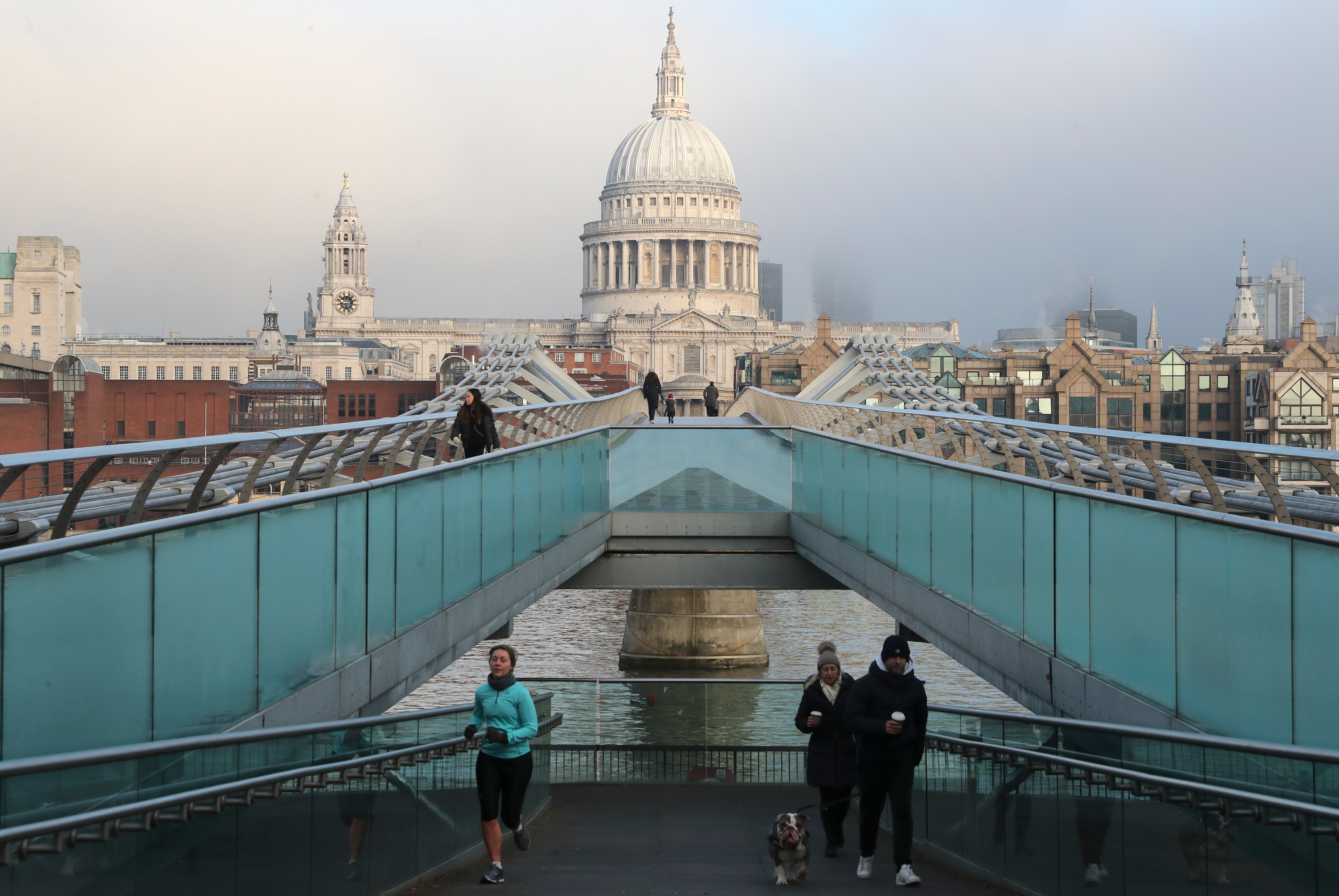Queen Elizabeth II and husband receive COVID-19 vaccinations
Queen Elizabeth II and her husband have received their COVID-19 vaccinations

Your support helps us to tell the story
From reproductive rights to climate change to Big Tech, The Independent is on the ground when the story is developing. Whether it's investigating the financials of Elon Musk's pro-Trump PAC or producing our latest documentary, 'The A Word', which shines a light on the American women fighting for reproductive rights, we know how important it is to parse out the facts from the messaging.
At such a critical moment in US history, we need reporters on the ground. Your donation allows us to keep sending journalists to speak to both sides of the story.
The Independent is trusted by Americans across the entire political spectrum. And unlike many other quality news outlets, we choose not to lock Americans out of our reporting and analysis with paywalls. We believe quality journalism should be available to everyone, paid for by those who can afford it.
Your support makes all the difference.Queen Elizabeth II and her husband Prince Philip have received their COVID-19 vaccinations, royal officials said Saturday.
Buckingham Palace officials said in a statement that the 94-year-old monarch and Philip, 99, received their jabs Saturday, joining some 1.5 million people in Britain who have been given a first dose of a vaccine.
The injections were administered at Windsor Castle where the queen and her husband have been spending their time during the lockdown in England.
Royal officials said they took the rare step of commenting on the monarch's health in order to prevent inaccuracies and further speculation. The queen “decided that she would let it be known she has had the vaccination,” the palace statement said.
On Dec. 8, Britain became the world's first country to begin a mass vaccination drive against the coronavirus. The government says it is aiming to deliver the first vaccine doses to some 15 million people in the top priority groups by the middle of February.
That includes everyone over age 70, as well as frontline health care workers, care home residents and anyone whose health makes them especially vulnerable to the virus.